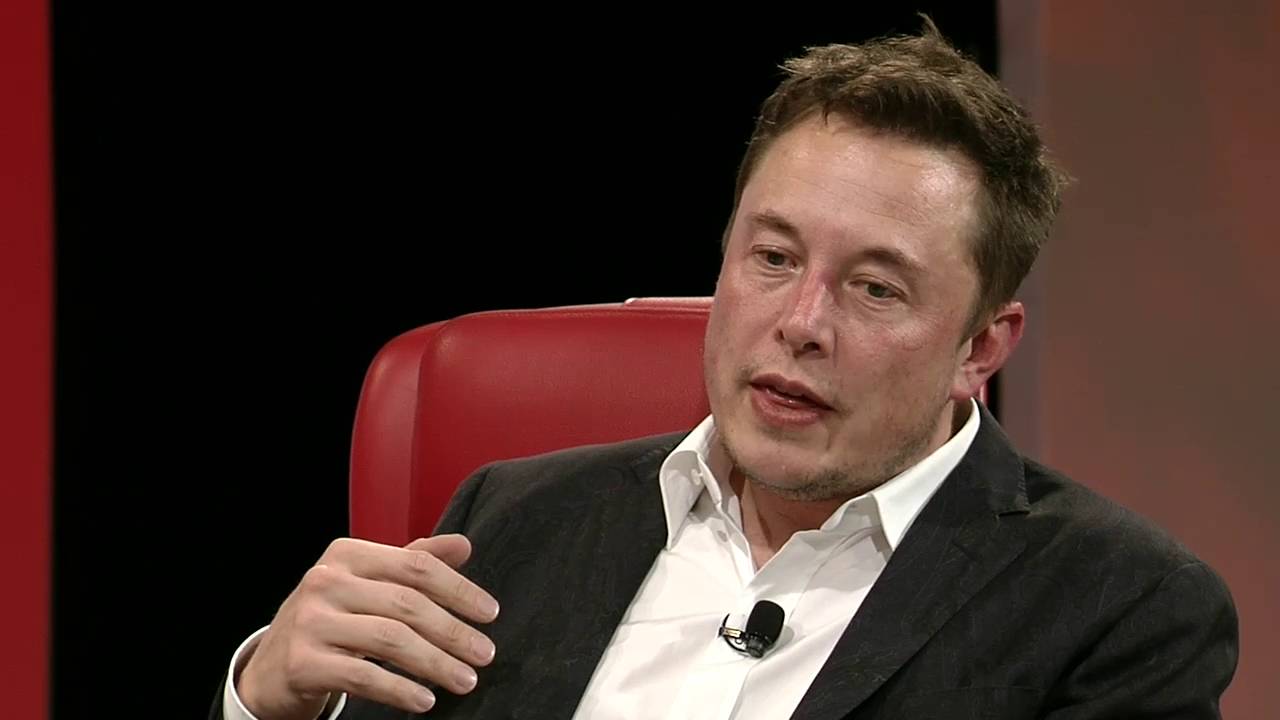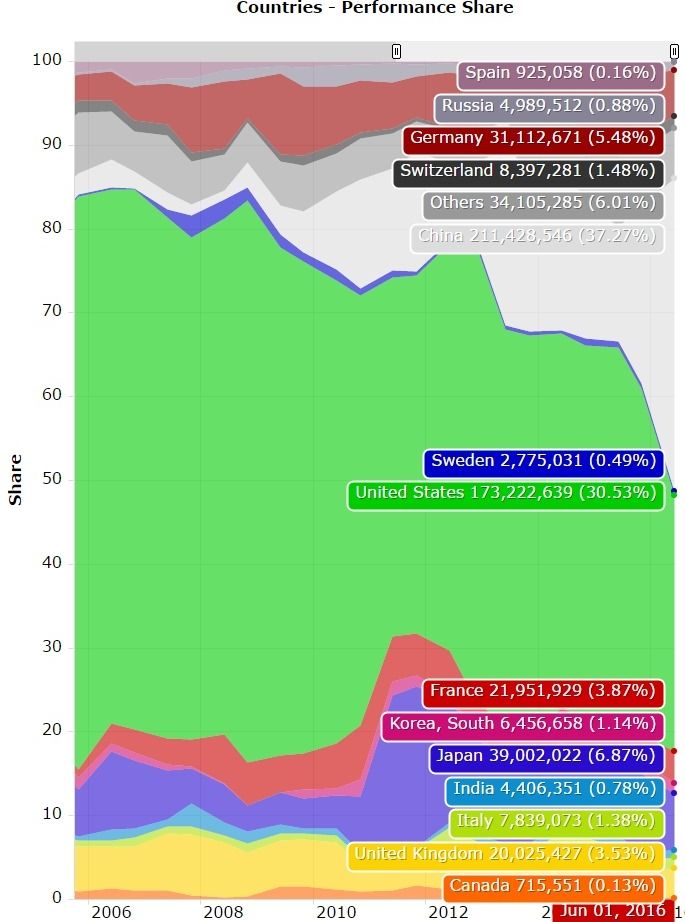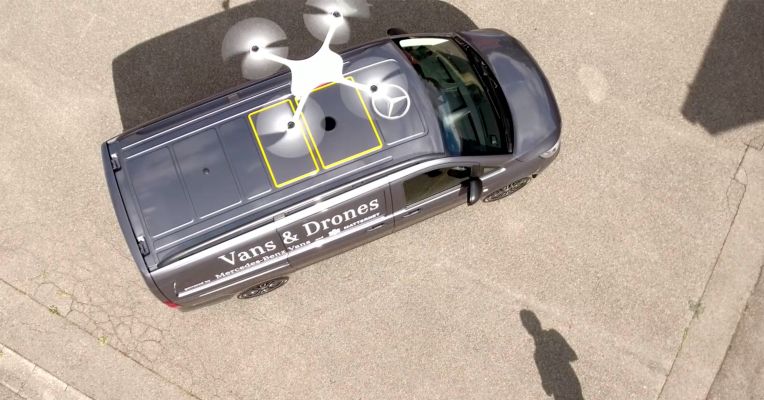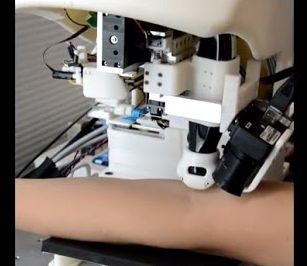Sep 8, 2016
Elon Musk is Looking to Kickstart Transhuman Evolution With “Brain Hacking” Tech
Posted by Carse Peel in categories: Elon Musk, evolution, habitats, neuroscience, robotics/AI, singularity, sustainability, transhumanism
Elon Musk has recently hinted that he may be working on a “neural lace,” a mesh of electronics that will allow AI and the brain to work together. This could help human brains keep up with future enhancements in AI.
There’s no doubt that Elon Musk is one busy individual. When not playing on the Tesla factory floor, he may be bringing electric roofs to electric vehicles, or dreaming up the Hyperloop, or toying with the future of AI.

















